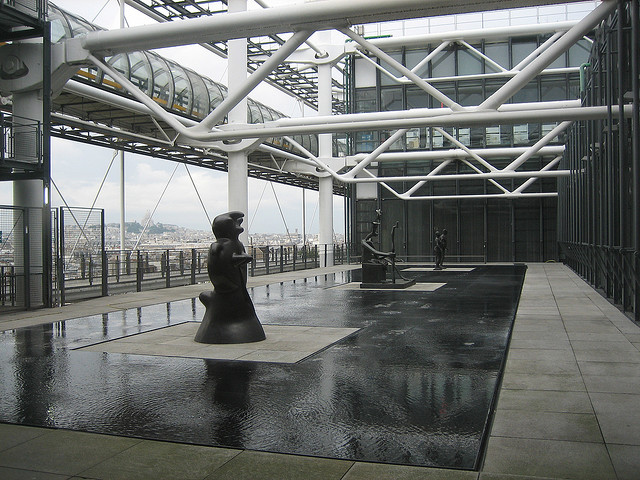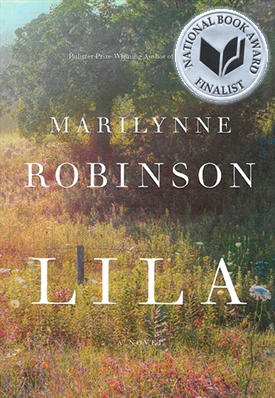 To exist humanly, is to name the world, to change it. ~Paulo Freire
To exist humanly, is to name the world, to change it. ~Paulo Freire
When I was 19 my full-time job was bartending a pub called Filthy McNasty’s. McNasty’s sat on Rose Street in Edinburgh, Scotland, one of the roughest streets in the city center at the time. Fights punctuated each hour of the night and later, after I’d moved on up from McNasty’s, a friend was stabbed near there in a skinhead-like attack. Indoors, customers called me “Garth” because of my wild, unkempt hair, like Garth in Wayne’s World. I didn’t wear makeup and favored baggy jeans and t-shirts; I guess this made me infuriatingly gender ambiguous. My fellow bartenders, with their straightened, bleached-blonde hair, penciled-on brows and figure-hugging polyester tolerated Garth to the best of their abilities, aside from one woman, whose actual name I don’t remember, but whose tan outfits—tight pants and jacket—and extremely thick accent conjured the name “Tanner” in my mind. This word, Tanner, also captured the sound of her voice. She clearly despised me/Garth. She would sashay away from us when the bar wasn’t full enough to force us close together. We could barely understand one another’s accents so the physical distance was a welcome relief.










 To exist humanly, is to name the world, to change it. ~Paulo Freire
To exist humanly, is to name the world, to change it. ~Paulo Freire
